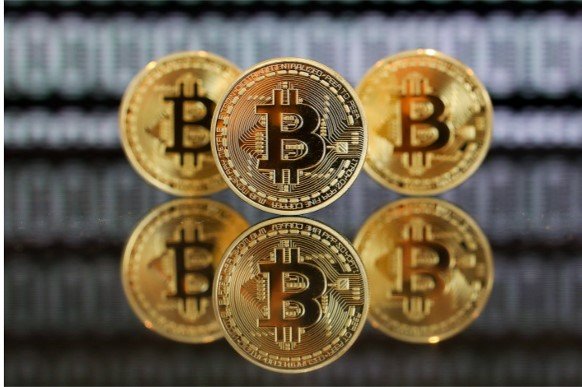
Dissecting the fake news, biased stances, pushed agenda’s and more.
There is a lot of talk about Fake News in modern day politics and social media, and while a lot of people seem to agree there is a lot of ‘manipulation’ or ‘FUD’ in cryptocurrency, this generally is more of a feeling than cold evidence. So today, our research team will present some collected data and events to try and shed some light on cryptocurrency (media)manipulation, also known as fake news.
How the Media works in short
In the cryptocurrency media ecosystem, there are roughly 4 different media categories. From top to bottom: Mainstream media (CNBC, Bloomberg etc), Crypto Media (CoinTelegraph, CoinDesk etc), Crypto bloggers and general crypto social media. All of the above seek the best headlines, the most exclusive news, and ultimately the most clicks. It is impossible for them to refresh every single possible news source or news trend 24/7 and so they rely on eachother to make the news. This is usually from bottom to top, but it can go the other way around too. The latest circulating twitter thread can spark an individual blogger to write about it, which causes writers working for Crypto media to write about it, and if it’s big enough the mainstream media might just recycle it too. Because everyone eats off eachother’s back, every piece of content that could be plainly wrong, manipulative, or biased can circulate on almost every crypto focused media because fact checking is low, and they just link to the original poster and say ‘if it’s wrong, we got it from that guy!’ while still getting paid to keep the copied article up. So now that you know how the media machine works, let’s look at some examples and categories.
CNBC — ‘ETF DENIED’ ~26/7/2018 (7/26/2018)
4 days ago, CNBC tweeted the following message: ‘JUST IN: Winklevoss twins bitcoin ETF rejected by SEC’.
If you’re not in the loop of cryptocurrency, you must know that a Bitcoin ETF (requested by CBOE) was what everyone was waiting for and it resulted in a lot of speculation, mostly buying. This CBOE ETF would be decided somewhere in August and everyone in cryptocurrency was waiting for this decision. The Winklevoss twins proposed an ETF about a year ago, which was rejected and dumped the price for a few days, they had proposed it again following a change in June, which was indeed rejected again at the 26th.
Interestingly enough CNBC, which generally isn’t too quick with or interested in crypto, was the first to post the news, wording it like it was the awaited ETF. Other media outlets from all over, including mainstream media and the biggest crypto media outlets, were quick to jump on it and repeated the same narrative, the clicks and views are seemingly irresistible if you consider the risk:reward of controversial articles. People disliking crypto will read and share it because they want to see it fail, people who love crypto will read it and share it to defend it. It’s a great way to get tons of views, and in the end if you get called out for bias you can point at the original article you linked to.
The snowball from this tweet and article sparked a sell-off of about 5%, very roughly, although it has since recovered. This made a lot of crypto-enthousiasts create rumours that CNBC had shorts open or were being paid to ”FUD”, but while this could be possible, there are many different possibilities and we will most likely never find out. It could be a publicity stunt for views, it could be a reporter who didn’t know much about crypto and simply didn’t know any better, or someone who had shorts open sent the SEC release to CNBC and framed it as being the main ETF. We will never know, but it shows the problems in crypto media.
China banning Crypto, again?
The first newsreport claiming China had banned Bitcoin/Crypto came out in 2013. Since then, there have been multiple instances with media outlets reporting China banned crypto and every other media reposting the same questionable news, often being either fake or just a quote from a major politician about the future, instead of actual laws.
These often include misworded quotes, statements or ‘possibilities’ like seen below. A few regulatory officials saying banning ICO’s is a possibility shouldn’t trigger a full out PR disaster for cryptocurrencies, but it did.